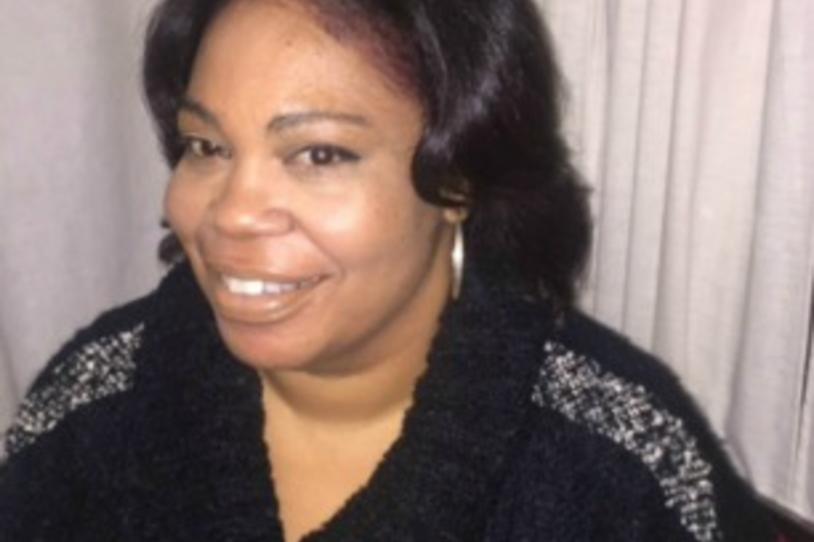
Lisa Holloway says having a positive attitude and being an advocate for herself has helped her become a tireless fighter of Parkinson's. She lives and blogs in Lithonia, Georgia.
Seven years ago, my life was going well. I was attending a prestigious southern California University and my husband and I were pregnant with our second child.
On the day of my son’s birth -- what should have been one of the most beautiful days in our lives -- turned into a nightmare. A medical mistake was made during my delivery and I needed emergency surgery. After recovering and returning home, I realized I was still not well. I was unable to properly care for my son. I couldn’t hold him securely. I couldn't keep my balance when walking and I choked whenever I ate a meal. I began dragging my feet and stumbling. I would share these issues with family, friends and my physician and the consensus was that I was depressed, but would get through this hurdle. I went from being active and socially engaged to being bedridden.
As I fell deeper into a medical abyss I went from physician to physician for answers and help. Being an African American woman in an inner city with a mysterious illness, I found that medical professionals didn’t take my case seriously and made assumptions. I was accused of being a drug user, having AIDS and being a sex worker -- none of these were true. I was met with indifference, and soon I became depressed. Hopelessness clouded my spirit.
A couple of years passed and I deteriorated until I was unable to do any personal task without assistance. My food had to be cut, I needed help walking and I couldn’t comb my hair. My health became so unstable that my husband had to leave his job to care for me. Our family relocated to the South to be with family who could help.
After moving to Georgia, I found myself in a strange state -- ill, unemployed and uninsured. I felt a sense of despair. I would go back and forth to the emergency room whenever I had health issues. On one occasion I was admitted to the hospital. I was alone and scared and began to cry. I was stiff and in extreme pain and a nurse was in my room going about her duties. She heard my cries and looked me straight in the face and said, “You're going to die.” I said, “Excuse me?” She repeated herself: “If you don't get up and move you’re going to die.” I sobbed uncontrollably, understanding what she meant. She saw the defeat on my face and she wanted me to get up and not give up! She explained that no matter what was wrong with me, I had better get up and move if I wanted to live. When I explained to the nurse I had no insurance for physical therapy, she said you don't need insurance to move. She instructed me to exercise while lying in bed, point my toes, raise my arms over my head -- just move until I can get out of bed.
From that moment in the hospital room with my angel/nurse I began to advocate for myself. I created a medical diary, writing down every unusual movement my body made. I recorded changes in any bodily function or difficulties I experienced. I collected all of my own medical records and always had them on hand whenever encountering a care professional. I became less emotional and more proactive. I realized my problem was neurological and I had to see the best neurologist in the state.
With my medical records and a few months of personal data, I made my way to Emory’s Neurology Department where I was finally diagnosed with young-onset Parkinson’s disease (YOPD). When I entered the neurologist’s office there was a poster on the wall describing the top ten Parkinson’s symptoms. As I read the list I realized I had all ten of the symptoms. I was devastated, but I was relieved knowing the diagnosis. It was now up to me to find out how to fight it.
I started eating a clean, healthy diet and began a boxing program for Parkinson’s. Through the program, I met others with YOPD and joined a support group. I met amazing women -- happy, angry, funny and strong women -- and we all were fighters. Each day, thanks to these amazing women, I learn new information about the advances and research into Parkinson’s.
My challenges didn’t end there. But God and my community have given me the will to keep going. I embrace change and remain optimistic. I’m still fighting and I’m still moving, just as that nurse pushed me to do so.